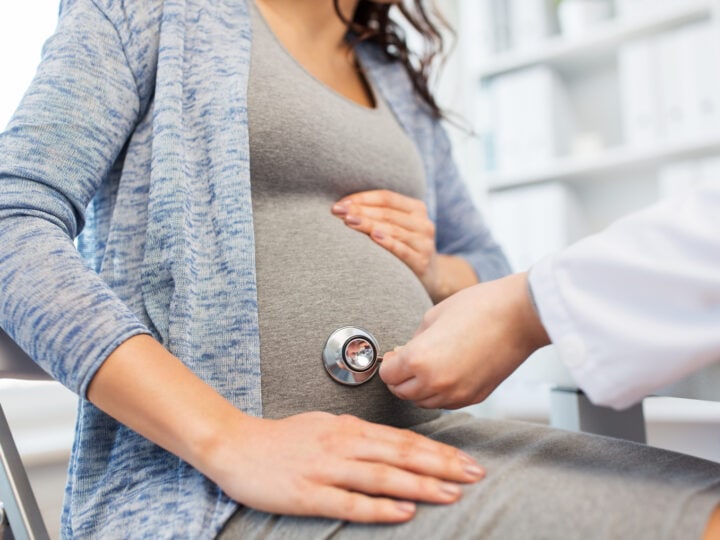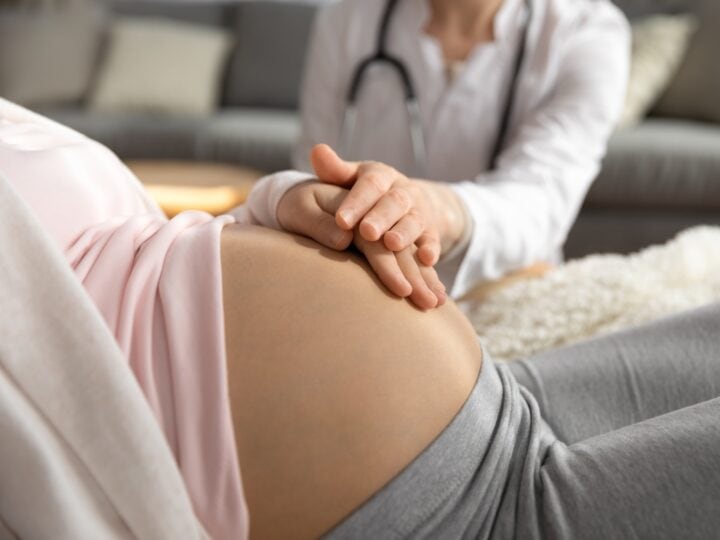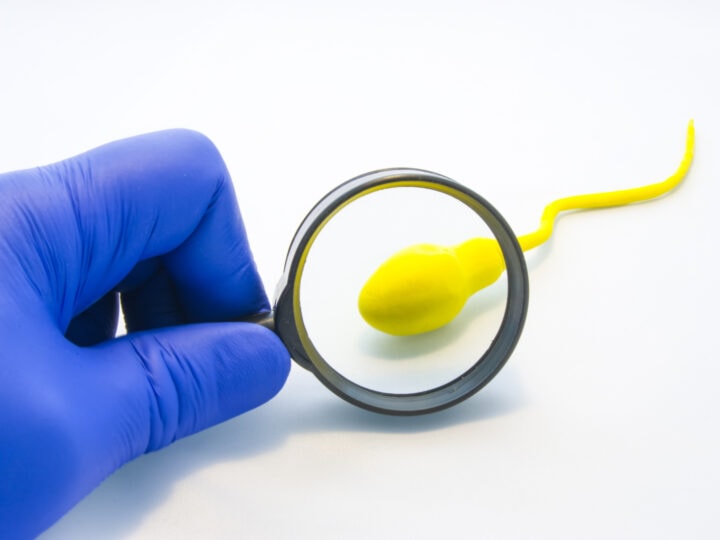Your mother always told you to eat a good breakfast for optimum energy to start your day. Now, Israeli researchers have found that eating more calories in the morning can also help you start a baby.
A big breakfast was shown to increase fertility among women who suffer from menstrual irregularities, in a study conducted by Prof. Oren Froy, director of the Nutrigenomics and Functional Foods Research Center at the Robert H. Smith Faculty of Agriculture, Food and Environment of the Hebrew University; and Ma’ayan Barnea, Prof. Daniela Jocabovitz and Dr. Julio Weinstein from Tel Aviv University and Wolfson Medical Center.
Spread the Word
• Email this article to friends or colleagues
• Share this article on Facebook or Twitter
• Write about and link to this article on your blog
• Local relevancy? Send this article to your local press
“The research clearly demonstrates that indeed the amount of calories we consume daily is very important, but the timing as to when we consume them is even more important,” said Froy.
The Israeli study, published last May in the journal Clinical Science, specifically examined whether timing of meals has an impact on the health of women whose menstrual irregularities are due to polycystic ovary syndrome (PCOS).
PCOS affects approximately 6-10 percent of women of reproductive age, causing insulin resistance and an increase in male sex hormones (androgens), which lead to fertility problems among other health issues.
Large morning meal makes a difference
Sixty women from the ages of 25 to 39 took part in the experiment over three months at Wolfson Medical Center in Holon, just south of Tel Aviv. Each participant was of slender build, with a body mass index of less than 23, and suffered from PCOS. Researchers wanted to see how the schedule of participants’ calorie intake might affect their insulin resistance and levels of androgens.
The women were divided into two groups and were allowed to consume about 1,800 calories a day. The only difference between the groups was the timing of their largest meal. Women in one group ate their largest meal, approximately 980 calories, at breakfast, while women in the other group ate their largest meal at dinner.
The researchers saw improved results for the group that consumed a big breakfast. These women’s testosterone levels decreased by nearly 50%, while the dinner group’s levels stayed neutral. The breakfast group women’s glucose levels and insulin resistance each decreased by 8%, while the dinner group showed no changes.
The most significant result, in terms of fertility, was a much higher rate of ovulation within the breakfast group compared to the dinner group.
The bottom line: Eating a hearty breakfast can help boost fertility in women with PCOS.

















